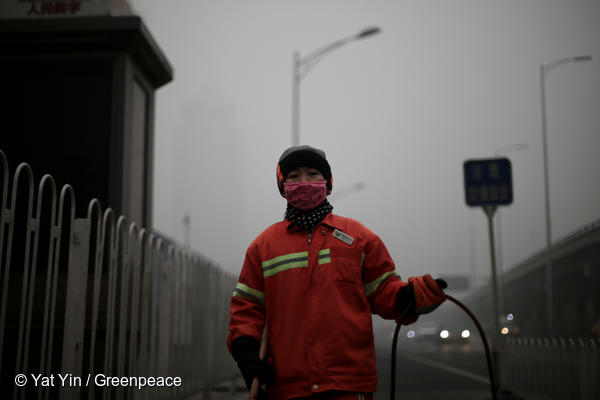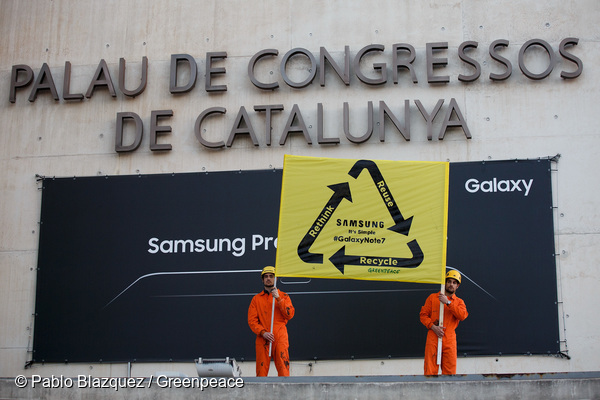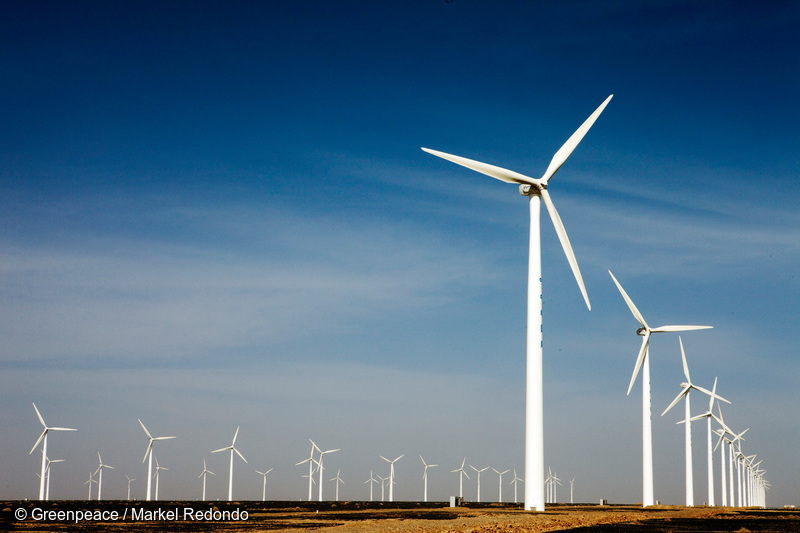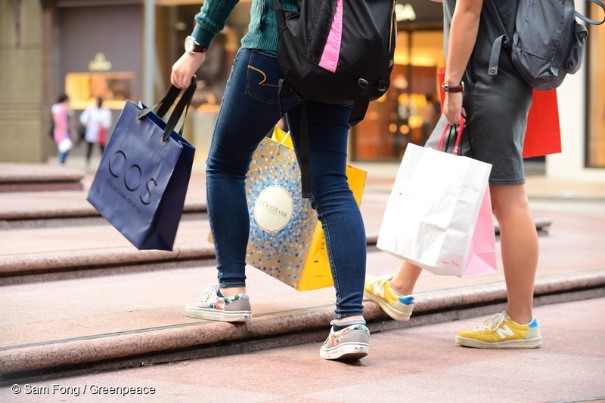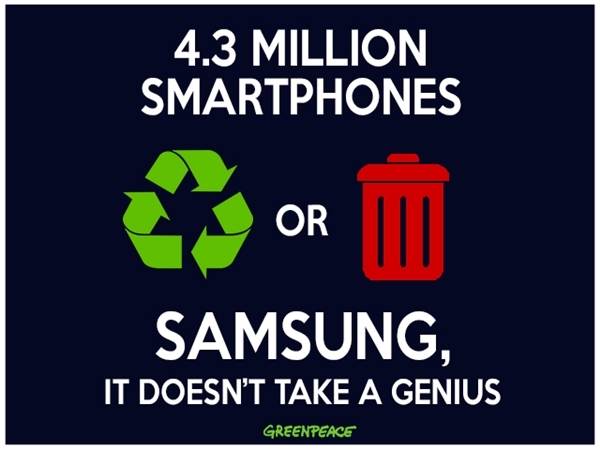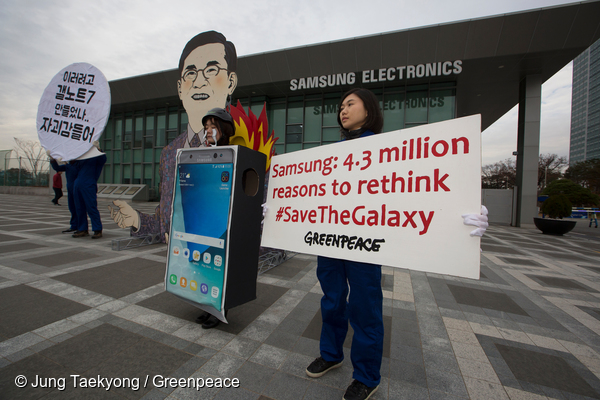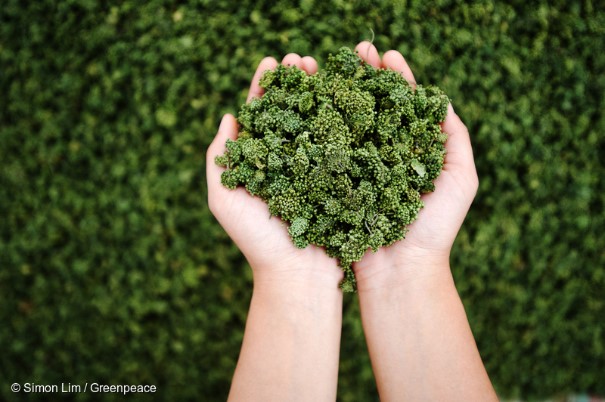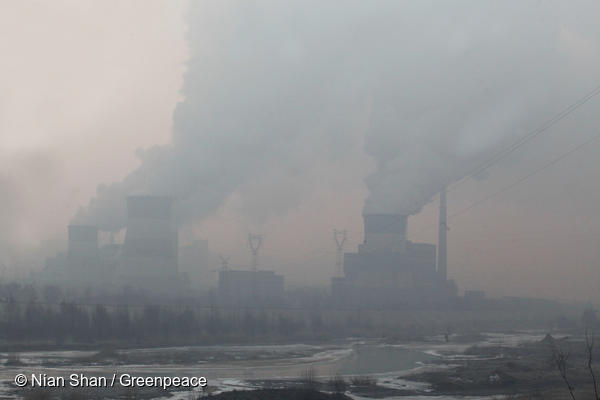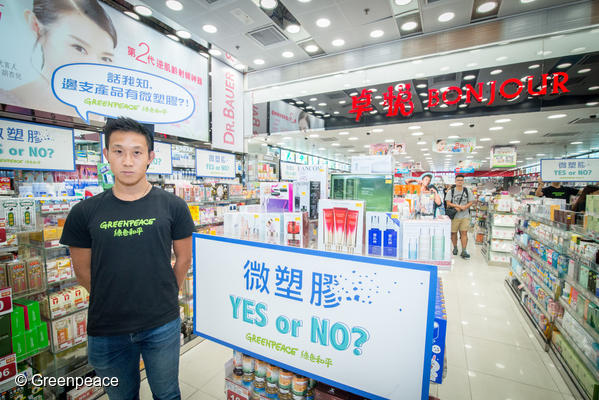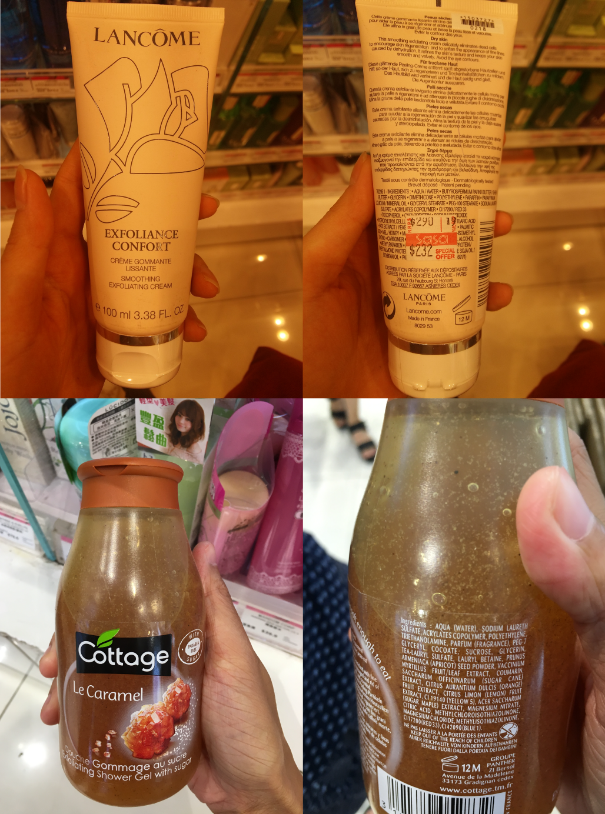All articles
-
Beijing’s first air pollution red alert of 2016, coal burning the culprit – Greenpeace
Beijing, 16 December, 2016 - A Greenpeace East Asia analysis of air pollution statistics identifies industrial coal burning in Beijing’s surrounding provinces as the primary source of the pollution which has triggered the red alert measures for 16-21 December. Greenpeace East Asia calls on the government to accelerate China’s economic transition, further curb coal consumption…
-
Samsung, it’s time to share your plan for 4.3 million recalled #GalaxyNote7
It’s been over a month since Samsung announced the recall of its Galaxy Note 7 and , although we have had some progress, Samsung has still not announced what it…
-
Friday Five: China calls out trump and Beijing’s smog worsens
China to Donald Trump: No, We Didn’t Invent Climate Change [Time] Oh how we LOL-ed when Donald Trump first posted what seemed like just another outlandish tweet back in 2012. Four years later, faced…
-
Singles Day is a disaster for our pockets, and the planet
Last year, China’s biggest shopping festival saw 125,000 orders processed every minute over 24 hours. This year promises to be even bigger... and that’s bad news for the environment.
-
Will 4.3 million Samsung Galaxy Note 7 phones end up in the trash?
Right now Samsung is considering dumping 4.3 million brand new Galaxy Note 7 phones following nearly 100 cases of exploding phones around the world. That is equivalent to almost 730,000 kilograms of hi-spec technology! While Samsung made the right call in taking their phones out of circulation to avoid more accidents or injuries, the question is…
-
Dumping 4.3 million Samsung phones is an environmental disaster warns Greenpeace
Seoul, 1 November 2016 - Samsung’s lack of transparency on the disposal of Galaxy Note 7 leaves tonnes of precious minerals at risk of being discarded into the environment. According to calculations by Oeko-Institut, a research and consultancy institution based in Germany, 4.3 million smartphones contain more than 20 metric tonnes of Cobalt, approximately more…
-
Shaking up China’s food system- in Shanghai and beyond
Dried flowers of the Sanqi plant Greenpeace China’s campaign to push one of China’s biggest retailers to purge pesticides triggered food safety reform across the whole of Shanghai.…
-
Xi’an Environmental Protection Bureau caught tampering with air quality readings – Greenpeace response
Beijing, 25 October 2016 - It is shocking and concerning that the Xi'an Environmental Protection Bureau has consistently falsified air quality readings.[1]
-
Greenpeace finds microplastics in all 5 leading cosmetic retailers : inadequate labelling found in almost 50% of products
Hong Kong, October 12 2016 - A crowdsourcing investigation by Greenpeace East Asia in Hong Kong, has found five leading cosmetics retailers selling products with microplastics, which has increasingly been proven to be damaging to the environment as well as failing to provide clear ingredient labelling on their products. Almost 1,500 products were surveyed in…
-
How can we avoid microbeads in Hong Kong?
Back in July, Greenpeace East Asia exposed how the microplastics found in some of our favourite makeup and personal care products are polluting our oceans. Every day in Hong Kong, 4.8 billion microplastics find their way into the sea, polluting marine environments and even having an impact on the seafood we eat.

